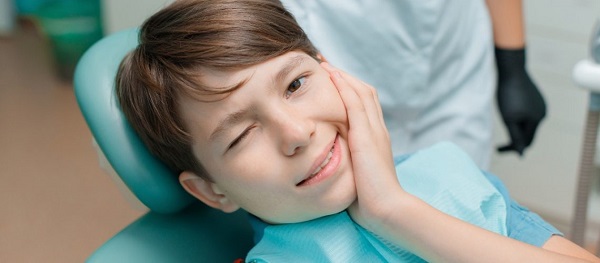Wisdom teeth removal, also known as a dental procedure that removes wisdom teeth, is becoming increasingly common. The fact that you’ll be at home for a few hours after the procedure may make you anxious about what to do in an emergency. Don’t worry! The article in this blog post will help you figure out what to do if you need medical care after wisdom teeth removal.
What To Do If I Throw Up After Wisdom Teeth Removal
If you experience nausea, vomiting, or diarrhea after your wisdom teeth surgery, here are some tips to help ease your symptoms:
-Drink plenty of fluids. Avoid caffeine, alcohol, and greasy foods. Drink warm liquids such as ginger ale, soup, or juice. If you feel vomit coming up, sip on cranberry juice or apple cider vinegar.
-Try taking over-the-counter medication such as ibuprofen (Advil, Motrin) or acetaminophen (Tylenol). Ask your doctor about stronger medications if these don’t work.
-If you feel like you can’t keep food down, call the office to schedule a follow-up appointment. You may need to be hospitalized if you experience severe dehydration or heart failure from throwing up.
Prevention of Puking Up
If you’re one of the lucky ones who never experience throwing up after wisdom teeth removal, then you’re in the minority. According to the American Dental Association, about 1 in 5 patients experience nausea and vomiting after surgery. Although it’s not always easy to predict who will experience these side effects, there are a few things that you can do to help reduce your chances of puking up.
First and foremost, be sure to eat a light breakfast before your surgery. This will help avoid feeling famished after surgery and may lead to lessen stomach upset. Additionally, drink plenty of fluids before and after surgery to stay hydrated. If you feel nauseous or vomiting during the procedure, sip on ginger ale or other light stomach-settling drinks. And last but not least, if you start feeling sick after surgery, don’t hesitate to ask your doctor or nurse for help. They may be able to give you medication or recommend something to eat.”
Recovery time after wisdom teeth removal
Most patients experience minimal to no discomfort following wisdom teeth removal. However, a few things can happen that can make the recovery process more difficult. If you Throw Up After Wisdom Teeth Removal, be sure to speak with your dentist as soon as possible.
If you experience any of the following symptoms after your wisdom teeth are removed, seek immediate medical attention: difficulty swallowing, chest pain, shortness of breath, lightheadedness, sweating, drooling from the mouth or nose, pale skin, fever over 101 degrees Fahrenheit or seizures.
Mouth care tips
If you have thrown up after having your wisdom teeth removed, please know that this is not unusual and there are steps you can take to ensure you are feeling better. Here are a few tips:
- Drink plenty of fluids to avoid constipation.
- Eat small, frequent meals rather than one large meal.
- Take over the counter pain relief such as ibuprofen or acetaminophen.
- Massage your stomach with warm oil or a heating pad on low for 10 minutes every few hours.
Conclusion
If you experience vomiting after your wisdom teeth removal, don’t panic. You can do a few things to help ease the pain and ensure you take proper care of yourself. First, drink plenty of fluids to prevent dehydration. If that doesn’t work, try taking over-the-counter medications like ibuprofen or acetaminophen (paracetamol) or going to the hospital for observation and further treatment if necessary. Finally, make sure to eat a light snack after your appointment so that you don’t feel ravenous later on. Thanks for reading our article on what to do if you vomit after wisdom teeth removal!




Leave a Reply